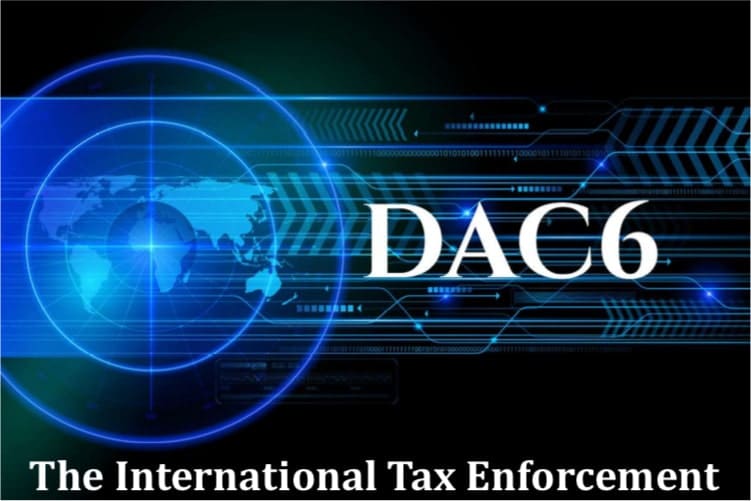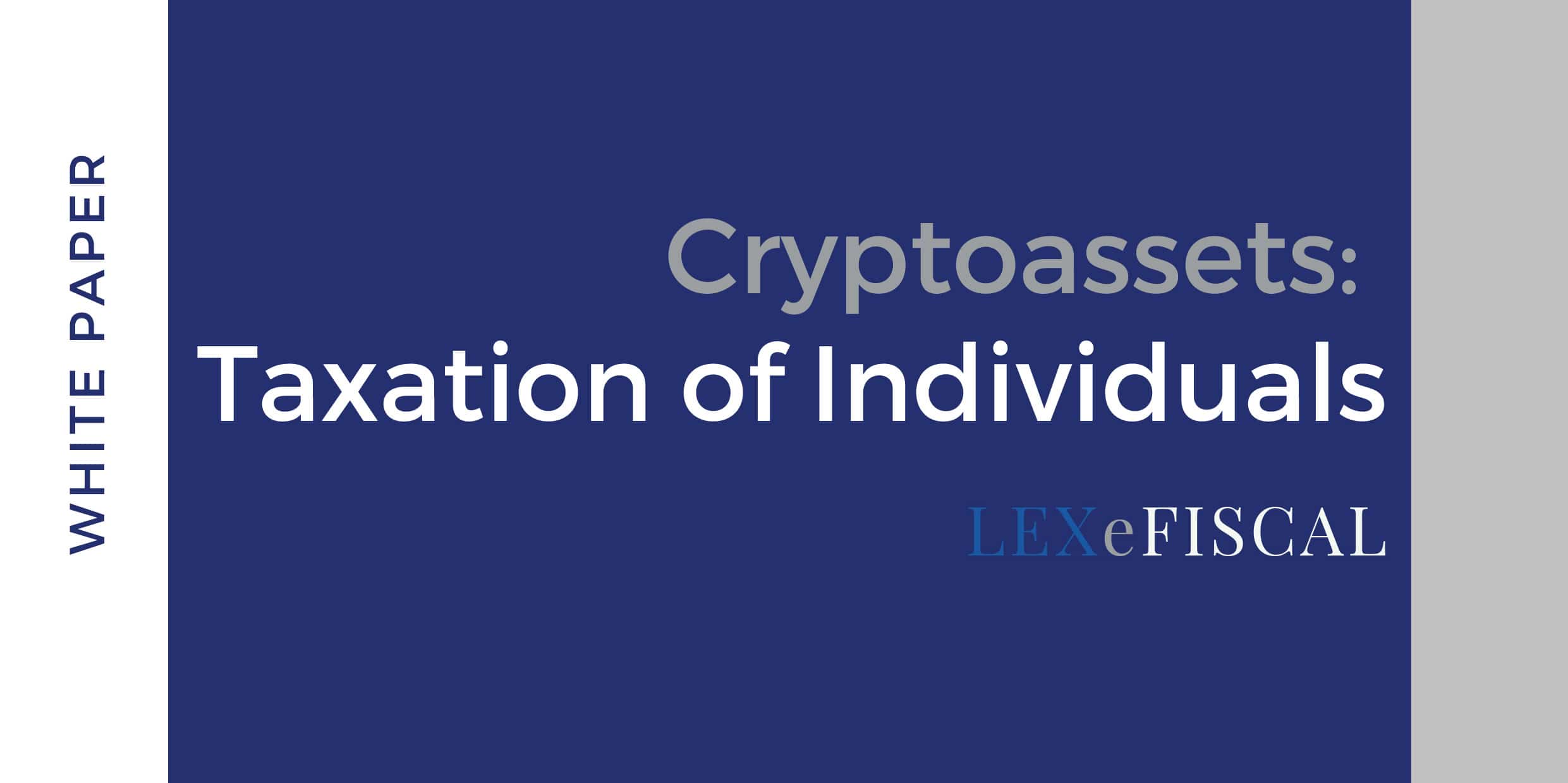Additional business measures

2. Additional business measures
2.1. Coronavirus Business Interruption Loan Scheme
CBILS will replace the EFG. CBILS is a new temporary measure only. After the end of the COVID-2019 or stabilisation of the situation, the EFG will be closed to new applicants. This scheme is intended to enable businesses to access bank lending and overdrafts. The UK government will provide accredited lenders with a guarantee of 80% on each loan they make, to give these lenders confidence in continuing to provide finance to small business. [Paragraph 1.103 of the Budget 2020]
What are the loan conditions?
The loan limits under CBILS are a minimum of £1,000 and a maximum of £5,000,000.
No interest will be due for the first six months.
The government will waive the 2% it normally charges borrowers annually for the EFG guarantee. Thus, the government will not charge businesses or banks for a CBILS guarantee.
Who can apply?
Only small business (SMEs) can apply. Preliminary eligibility conditions are:
a) UK registered business
b) Turnover less than £41,000,000 per annum
c) Ability to confirm that the business has not received de minimis State aid beyond €200,000 equivalent over the current and previous 2 fiscal years;
d) The business operates within an eligible industrial sector (building societies, banks, insurance, reinsurance, activities of trade unions, and households as employers of domestic personnel are excluded);
e) The business has a sound borrowing proposal, but insufficient security to meet a lender’s normal requirements.
Note that the borrower (the SME) will always remain 100% liable for the debt.
What are the financial terms?
Finance terms are:
a) from 3 months up to 10 years for term loans and asset finance;
b) up to 3 years for revolving facilities and invoice finance.
2.2. Business Rates Reliefs
The Business Rates retail discount will be increased to 50%. For small businesses affected by COVID-19 they will be increased to 100% for 2020-21. These are temporary measures intended to mitigate the impact of COVID-19. This relief will also be extended to the leisure and hospitality sectors. The government has also already announced the introduction of a £5,000 Business Rates discount for pubs with a rateable value below £100,000 in England for one year from 1 April 2020. See more detailed information regarding New Coronavirus Business Measures in UK in our special overview. [Paragraph 1.101 of the Budget 2020]
2.3. Limited Liability Partnership
Finance Bill 2020 prospectively and retrospectively will put that LLPs should be treated as general partnerships under Income Tax rules. This will ensure HMRC can continue to amend LLPs members’ tax returns where the LLP operates without a view to profit. This measure does not create any new or additional obligations or liabilities for taxpayers. [Paragraph 2.262 of the Budget 2020]
2.4. Protecting taxes in insolvency
When a business enters insolvency, more of the taxes paid in good faith by its employees and customers and temporarily held by the business will be retained by the government to fund public services, rather than being distributed to other creditors. This measure will take effect from 1 December 2020. It will only apply to taxes collected and held by businesses on behalf of other taxpayers (VAT, Pay As You Earn, Income Tax, employee NICs, student loan deductions and Construction Industry Scheme deductions). This measure will remain unchanged for taxes owed by businesses themselves, such as Corporation Tax and employer NICs. [Paragraph 2.261 of the Budget 2020]
3. Indirect taxes
3.1. Value added tax
VAT rules concerning call-off stock arrangements
The Budget 2020 will introduce legislation required by Council Directive 2018/1910 relating to the VAT treatment of supplies of call-off stock across EU borders. This change will introduce simplified rules for the VAT treatment of movements of call-off stock between the UK and EU Member States, allowing businesses to delay accounting for VAT until the goods are called-off. The legislation will have a retrospective element, applying to goods which are removed from a Member State or the UK on or after 1 January 2020. This measure affects businesses sending or receiving goods between the UK and Member State (MS) of the EU in advance of the goods being ‘called off’ for delivery (call-off stock). [Paragraph 2.240 of the Budget 2020]
VAT: applying a zero rate to e-publications
The Budget 2020 introduces zero rate VAT on e-publications: e-books, e-newspapers, e-magazines and academic e-journals effective from 1 December 2020. [Paragraph 2.223 of the Budget 2020]
3.2. Vehicle Excise Duty (VED)
VED for cars, vans and motorcycles
The Budget 2020 increases VED rates for cars, vans, motorcycles and motorcycle trade licences by RPI with effect from 1 April 2020. The measure affects owners of cars, vans, motorcycles, and holders of motorcycle trade licences. [Paragraph 2.223 of the Budget 2020]
VED for zero emission vehicles
Zero-emission light passenger vehicles registered until 31 March 2025 will be exempted from the additional supplement for those with a list price exceeding £40,000 [Paragraph 2.224 of the Budget 2020]. These changes will have effect from 1 April 2020.
VED for motorhomes
New vehicles type approved as M1SA will no longer be required to provide a carbon dioxide emissions (CO2) figure when they register the vehicle with the Driver and Vehicle Licensing Agency. Thus, new M1SA vehicles will be included in the private/ light goods vehicles class [Paragraph 2.224 of the Budget 2020]. These changes will have effect from 12 March 2020.
3.3. Tobacco Duty Rates
The government will legislate in Finance Bill 2020 to [Paragraph 2.245 of the Budget 2020]:
- increase the duty rates for all tobacco products by 2% above inflation (based on RPI)
- increase the rate for hand-rolling tobacco by an additional 4% above this to 6% above inflation (based on RPI)
- to set the Minimum Excise Tax (MET) at £305.23 per 1,000 cigarettes.
These changes took effect from 11 March 2020.
3.4. The taxes related to ecology
Climate Change Levy (CCL): main and reduced rates
This measure amends the main rates of CCL. The electricity rate will be lowered in 2020 to 2021 and 2021 to 2022 and the gas rate will increase in these years. Other fuels, such as coal, will continue to align with the gas rate. This measure also amends the reduced rates of CCL for qualifying businesses in the Climate Change Agreements (CCA) scheme. This measure affects business and public sector users of energy, gas and electricity utilities and suppliers of solid fuels and liquefied petroleum gas (LPG). [Paragraph 2.216 of the Budget 2020]
Plastic Packaging Tax
The government will introduce a new Plastic Packaging Tax that applies to plastic packaging produced in, or imported into the UK that does not contain at least 30% recycled plastic. Imported plastic packaging will be liable to the tax, whether the packaging is unfilled or filled. The detailed information will be in Financial Bill 2020 [Paragraph 2.214 of the Budget 2020]. The measure will take effect from April 2022.
Landfill Tax
The Budget 2020 increases the standard and lower rates of Landfill Tax in line with RPI, rounded to the nearest 5 pence. The change will have effect on and after 1 April 2020. The measure affects operators of landfill sites in England and Northern Ireland, Businesses registered with HMRC for Landfill Tax.
3.5. Gaming Duty
The Budget 2020 raises the GGY bandings for gaming duty in line with inflation (based on the RPI). The revised GGY bandings used to calculate gaming duty must be used for accounting periods beginning on or after 1 April 2020 [Paragraph 2.246 of the Budget 2020]. This measure affects UK casino operators.
Continue to Part III, Budget 2020: overview of tax issues: 4. Personal Taxes Overview










